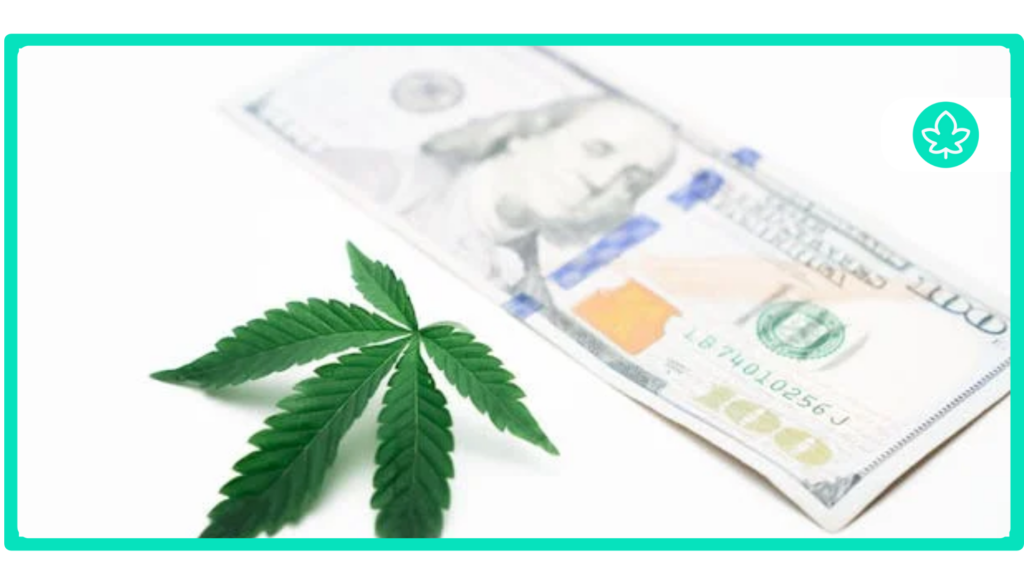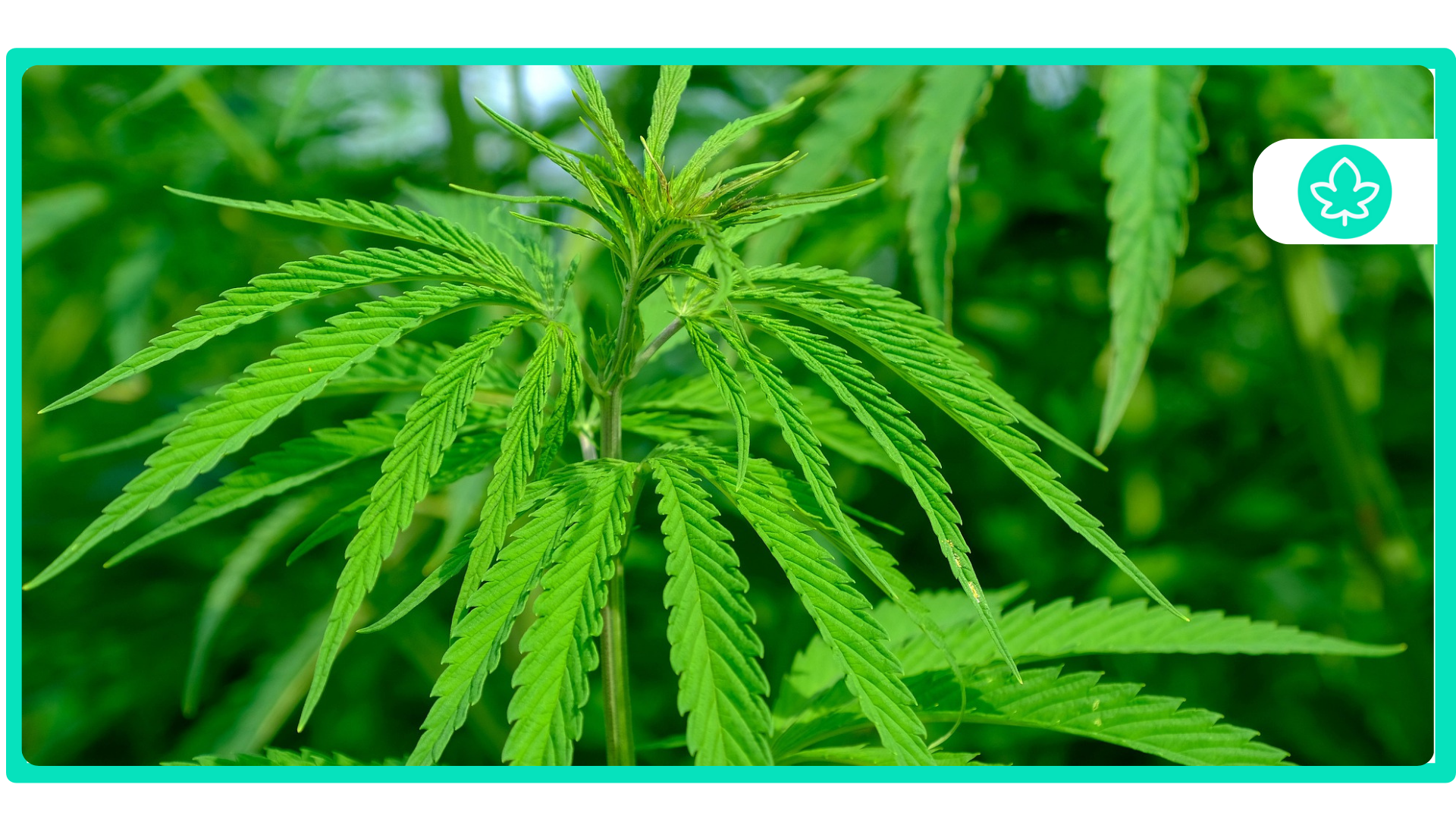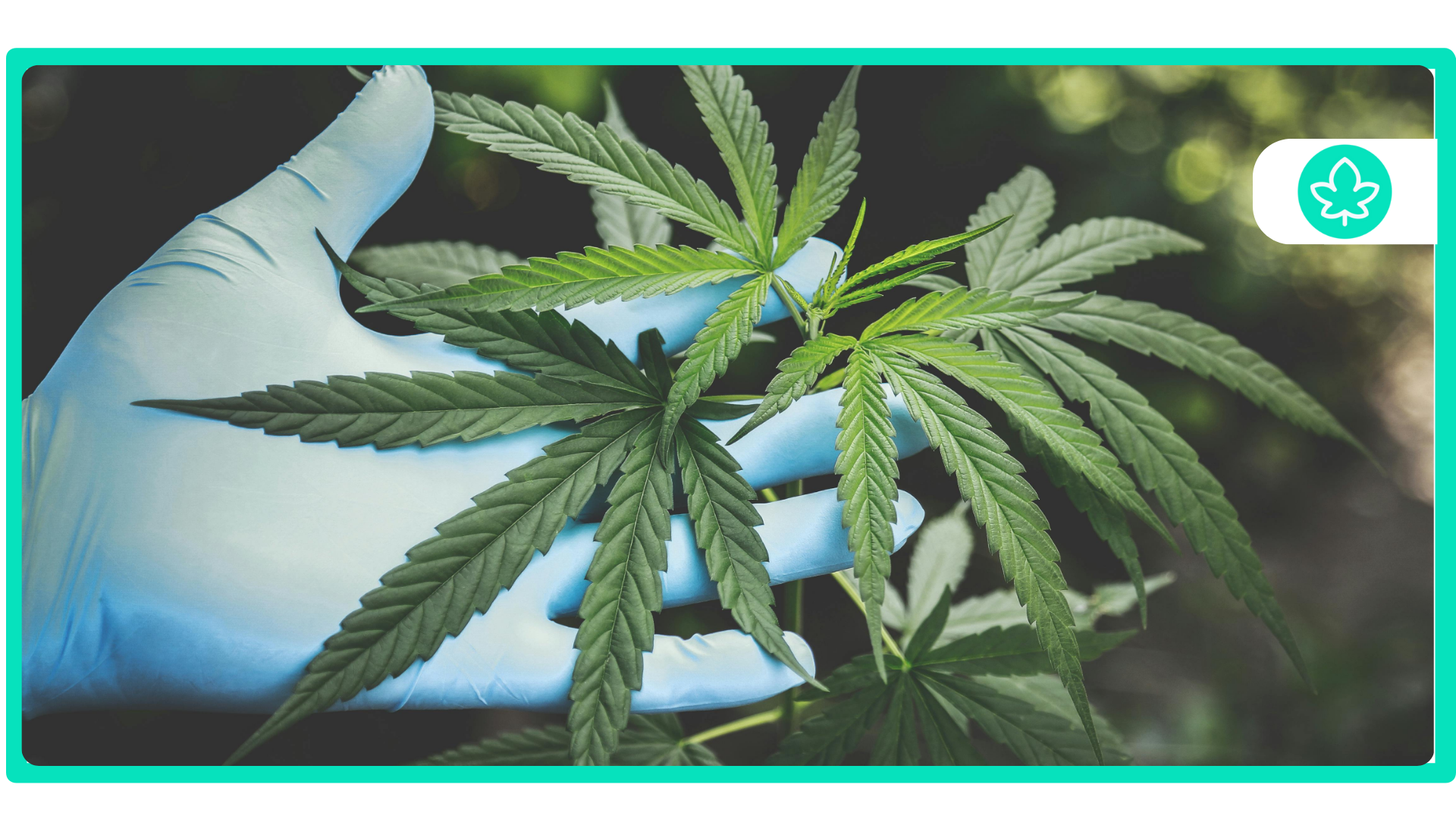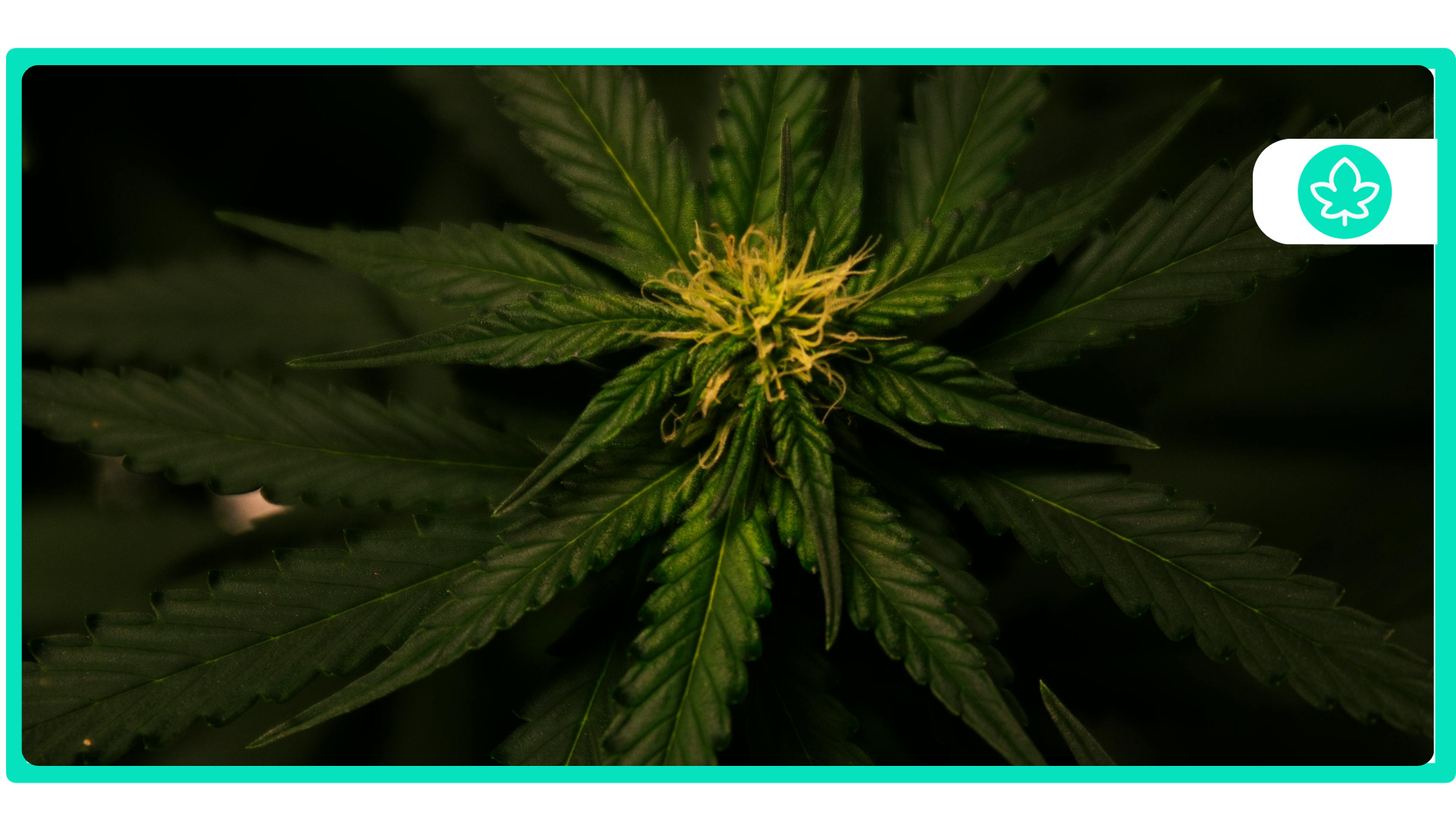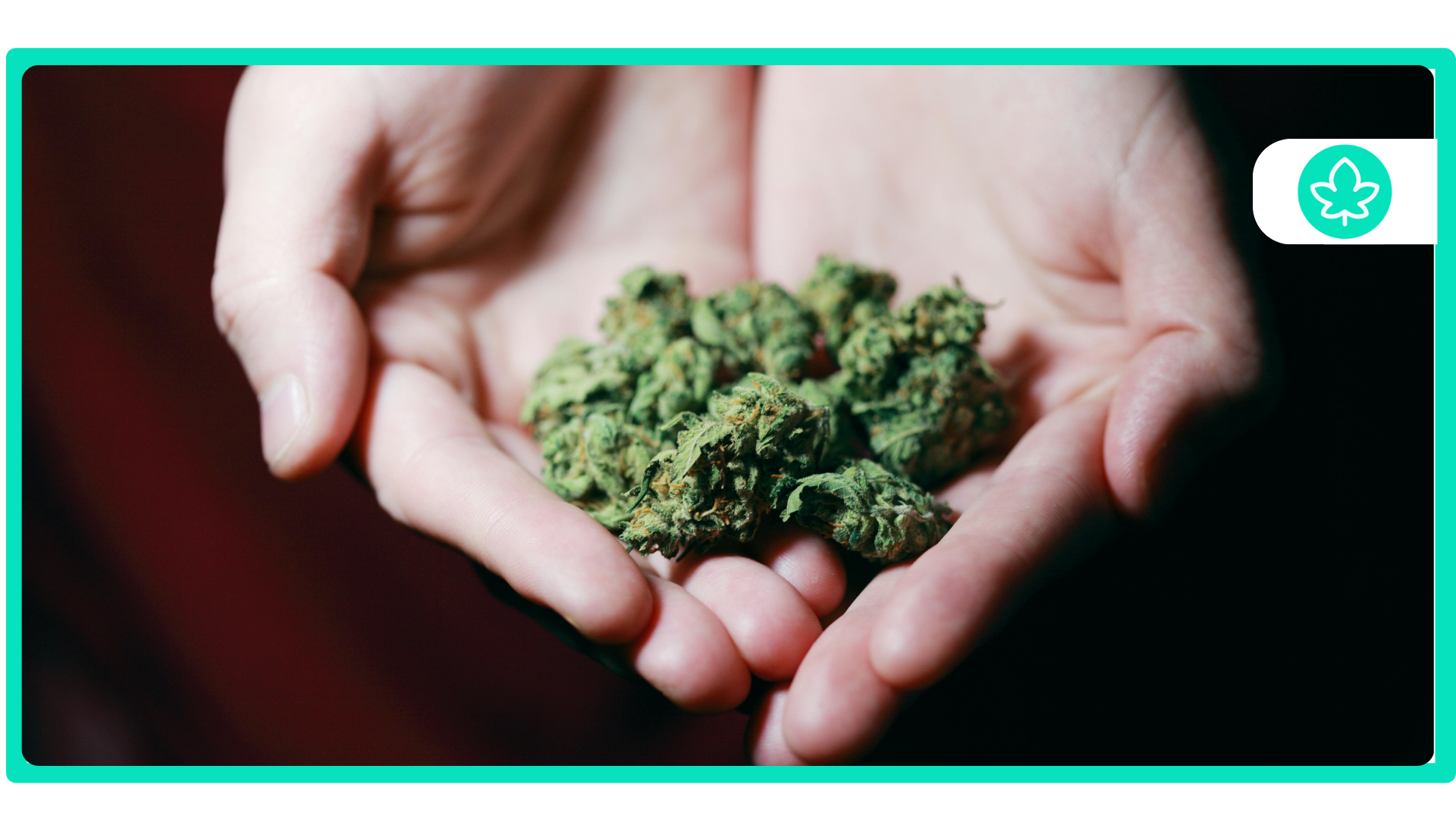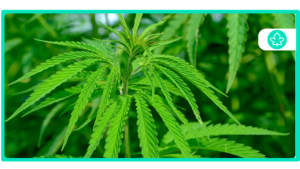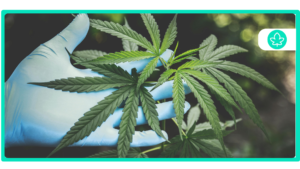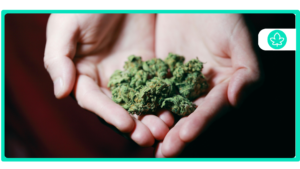Patients with certain medical conditions can use marijuana if they have a medical marijuana card. Usually, state programs provide these cards to people after they get approval from a healthcare provider.
So, if you’re suffering from a severe health condition and need to use marijuana, you must know the cost first. The fees will differ depending on various state rules and provider’s expenses. For example- application and meeting fees.
When you are up to date about the costings, you can avoid any unexpected financial stress in the future. Knowing all the important information regarding medical marijuana cards, like pricing, can help you make a good decision.
So, here, we’ll talk about the probable costs of getting a medical marijuana card.
The Cost of Initial Consultation
The cost of an initial appointment regarding medical marijuana card could vary. This fee will be spent mostly on the evaluation process by the healthcare provider. After this, you’ll get permission to use cannabis or get denied.
Consultation Fees
To start the whole evaluation process, a patient first meets the healthcare provider to find out their eligibility to get a medical marijuana card. The cost of this appointment can range from around $50 to $300. However, it depends on the provider and your state.
For example- a reputable provider usually offer video consultation session for as little as $39 and as much as $199.
What to Expect During the Consultation
During your evaluation, the physician will review your medical history and current health situation. Then they’ll assess your eligibility for a medical marijuana card. That’s why make sure to bring all of your medical records to the appointment.
State Application and Registration Fees
Those who are suffering from chronic pain or any other medical condition, might consider taking marijuana to feel relief. For that, they’ll need to understand the process of getting a medical marijuana card along with its cost.
State-Specific Fees
After getting the approval of a physician, the patient must pay the state application and registration fee. These fees may differ depending on the state, ranging from $25 to $200.
For example, in Florida, the state fee is $75. On the other hand, in Illinois, you’ve to pay $50 for a one-year card, $100 for a two-year card, and $125 for a three-year card.
Renewal Fees
One more thing a patient must consider is the renewal fees, which can be annual or biennial. The renewal fees are usually the same as the initial application fees, but they can vary depending on the state.
Additional Costs to Consider
While applying for a medical marijuana card, you should also think about the additional costs along with the primary ones. For example- you might have to revisit the doctor for a follow-up or the cost of buying medical marijuana items.
Product Costs
The total price of buying medical marijuana items can be a lot sometimes. The princess will change depending on the type of products you’re buying, such as buds, gummies, tinctures, oils, etc.
If you buy buds, they may cost anywhere from $5 to $20 per gm. On the other hand, edibles could cost between $2 and $5 per dose.
Follow-up Visits
Many states require periodic follow-up visits from a medical marijuana patient. To maintain your medical marijuana certification, you have to do this with the help of your healthcare provider. These visits may cost you around $100 to $150.
Discounts and Financial Assistance
Some states also offer financial assistance programs and special discounts to patients. Before applying for your medical marijuana card, make sure to find out about all these details.
Available Discounts
There are medical marijuana programs which are quite affordable. They offer discounts for veterans, seniors, and low-income patients. These patients will get affordable treatment through these programs. These discounts can be as high as 50%, depending on the state and provider.
Financial Assistance Programs
If you’re a low-income patient, don’t worry, as there are states which will offer financial assistance programs. For example- there are certain licensed pharmacies that offer marijuana to poor people for free.
Comparing Costs Across States
We’ve already talked about how the cost of getting medical marijuana cards differs from one state to another. By understanding these differences, you can make a budget-friendly decision.
State-by-State Comparison
The pricing of a medical marijuana card varies widely by state. Here is a brief comparison of a few states:
- Florida: $75 state fee and $398 for annual physician certification.
- California: Up to $100.
- New York: Certification costs range from $45 to $149.
- Washington: Depending on the store, there may be a recognition card fee of $1 to $10.
Factors Influencing Costs
There are many factors which you need to consider while getting a medical marijuana card. For example, you need to know the provider’s fees and the type of medical condition you have that needs treatment.
As a patient, you should research your state’s rules and regulations thoroughly.
Conclusion
Wrapping up, a medical marijuana card won’t be free, and you have to pay for a few things to get the card. First, you’ve to pay for the initial consultation, the state application, renewal, etc. These costs will be different depending on the state you’re currently living in.
We’ve also discussed consulting with a healthcare provider, including its cost. Make sure to grasp all the important facts before applying for the medical marijuana card.
Related Topics
Can teachers have medical card?
Can you get a medical card at 18?
FAQs
How much does it cost to get a medical marijuana card?
Depending on the state the cost will vary. But usually, it ranges from $50 to $200 for the state application fee and $39 to $300 for the initial consultation.
Are there any annual fees associated with a medical marijuana card?
Yes, most states need an annual renewal fee. It might range from $25 to $200, depending on the state.
Do insurance companies cover the cost of obtaining a medical marijuana card?
No, currently, insurance companies won’t cover any costs for you, which is associated with having a medical marijuana card.

